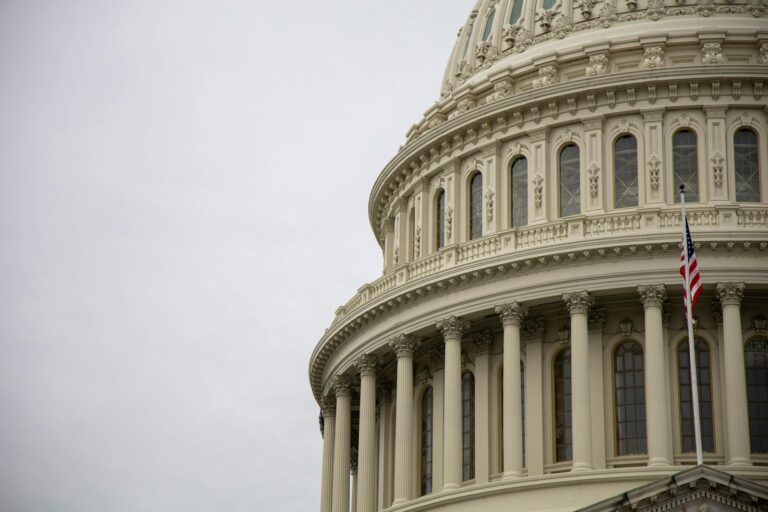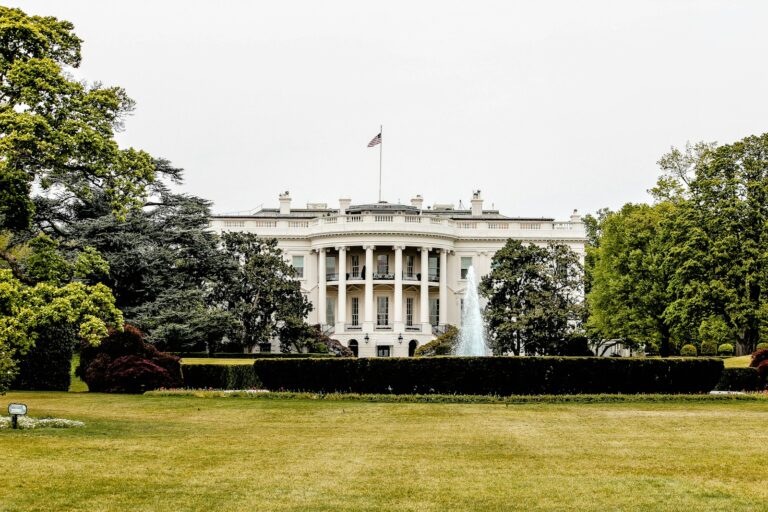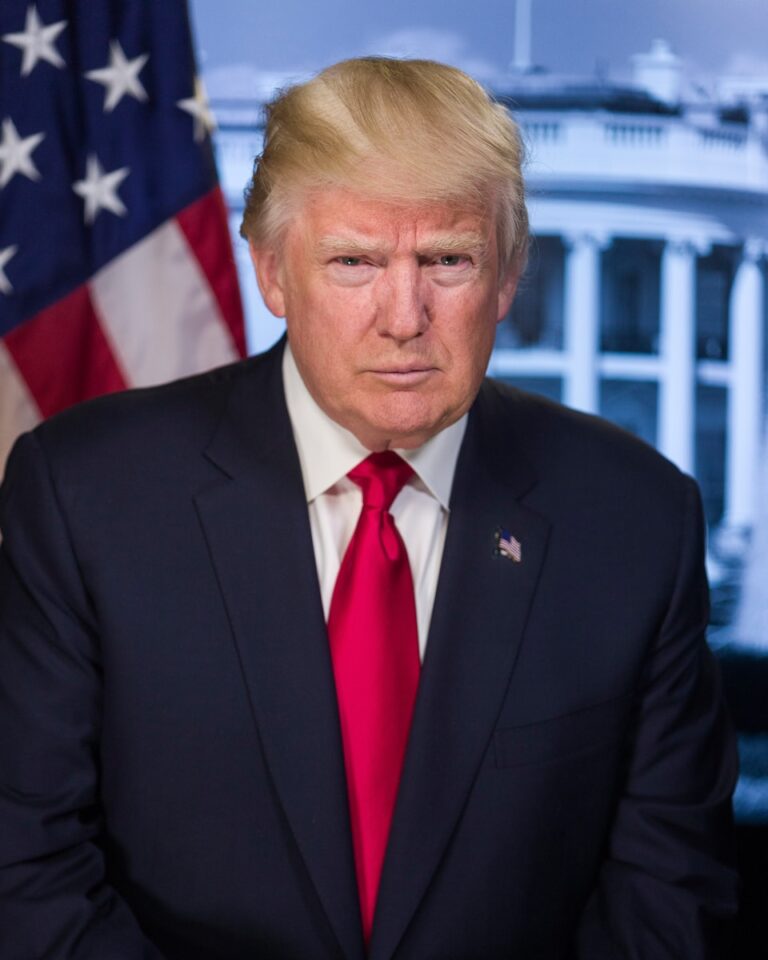Key takeaways
– Utah now treats 18-year-old high school students differently in child rape cases
– The new law lets prosecutors charge them with a lesser felony
– Convictions under the new rule do not require sex offender registration
– The Senate president denied any personal motive in the change
– The victim’s mother felt the law brushed her child aside
Background of the Case
A recent case in Utah raised fierce debate. An 18-year-old high school senior faced rape accusations for sexual activity with a 13-year-old. Under the old law, this situation was a clear first-degree felony. A conviction meant mandatory sex offender registration. That label carries long-term consequences. It can limit where a person lives or works for decades.
The Senate president of Utah’s Legislature learned of the case. Soon after, lawmakers moved to rewrite the statutes. They created a new, lesser charge for similar situations. This shift sparked public outcry. Critics say the victim was sidelined. Supporters call it a way to tailor punishment more fairly.
What the Law Did Before
Previously, any adult who had sex with a child under 14 faced first-degree child rape charges. First-degree felonies come with severe prison time. Most importantly, they required the offender to register as a sex offender. This registry lasts years, even for young adults. Lawmakers wrote these rules to protect minors. They believed harsh penalties would deter predators.
However, the law did not distinguish well between an 18-year-old high school senior and a much older adult. Victims, families, and legal experts argued the statute felt too broad. They wanted more options for prosecutors. They said not every case deserved the same harsh charge.
The New Legal Change
Under the revised law, prosecutors can now file a third-degree felony for certain situations. If the older party is an 18-year-old high school student, they may face that lesser charge. This change aligns them with 17-year-olds, who already fall under the third-degree category for sex with a 13-year-old. Third-degree felonies carry lighter sentences than first-degree ones. They also avoid mandatory sex offender registration.
For example, 17-year-olds who have sexual contact with 13-year-olds once faced this lesser charge. Now 18-year-olds in high school can also be charged this way. The update gives judges and lawyers more leeway. They can still pursue the heavier charge when needed. But they can also choose a lighter route.
Official Remarks from the Senate Leader
The leader behind this update serves as the Senate president. He said he did not write or push the bill because of any family matter. He stated he only learned about the case through public reports. He insisted he did not intervene or offer suggestions on drafting the new rule. He added that the bill sponsor knew of the case but did not draft the law at his request.
He emphasized that legislators must review laws regularly. They should ensure penalties match different situations. He argued the new option helps prosecutors handle each case with more care. Meanwhile, critics remain skeptical about his claims.
Reaction from the Victim’s Mother
The middle school girl’s mother said the law change shocked her. She said she did not see it coming. She compared the moment to a punch in her gut. She felt lawmakers treated her child as an afterthought. She believes the update gives special treatment to the accused. She noted the family of the senior student did not face the same debate.
She pointed out that her daughter’s age alone should have triggered the strictest rules. She thinks the law should not bend for anyone. At its core, she wants justice. She fears the new law will weaken protection for minors.
Age of Consent in Utah
In Utah, anyone under 14 cannot legally consent to sex. This rule remains in place. The law sees sex with a child under 14 as a serious crime. The update only affects how prosecutors classify the crime when an 18-year-old high school student is involved. In all cases, the state still prohibits sexual contact with children.
Policy Implications and Concerns
Advocates for child protection worry this change sets a troubling precedent. They fear lawmakers might weaken other child safety laws in the future. They worry less severe punishments will reduce the deterrent effect. Meanwhile, supporters claim the update offers necessary legal nuance.
They say judges can still impose strong penalties if the circumstances demand them. They point out that not every adult-minor sexual case is the same. Some involve coercion and severe violence. Others may involve misguided consensual acts between teenagers. They argue the justice system should reflect those differences.
Potential Impact on Prosecutors
With the new rule, prosecutors gain more flexibility. They can weigh evidence and intent more closely. However, they must also decide if they want to pursue the heavier first-degree charge. That decision could hinge on public opinion and the specific facts of a case.
Some district attorneys have already said they will use the new option. They believe it helps them reach fairer plea deals. Others warn it could signal a drop in convictions for serious crimes against children.
Comparisons with Other States
Utah is not alone in facing tough decisions about consent laws. Several states have age-gap rules. They aim to protect minors while recognizing close-in-age relationships. For instance, in some states an adult within a few years of a minor may face lighter penalties. Advocates say these “Romeo and Juliet” laws can avoid ruining young lives over consensual teen relationships.
Still, critics say every state must ensure no loopholes exist. They stress that a 13-year-old can never truly decide to have sex. They argue lawmakers must put child safety first.
Next Steps and Public Response
Some lawmakers and advocates are calling for public hearings. They want to review the law change more closely. They may introduce new bills to restore the harsher penalty for 18-year-olds. Meanwhile, families of victims plan to lobby legislators. They hope to reverse what they see as an unfair update.
At the same time, community groups are educating parents. They aim to raise awareness of age-of-consent laws. They stress that anyone who crosses the line can face legal trouble. They want to prevent similar controversies in the future.
How This Affects Families
Parents and teenagers often feel confused by changing laws. This shift highlights that families must talk openly about consent and boundaries. Experts say clear rules can protect teens from harm. They recommend parents discuss legal consequences as well as personal ethics.
Adolescents need to know that the law may treat them differently based on their exact age and school status. They should also learn how courts classify crimes. This knowledge can help them make safer choices.
Conclusion
Utah’s recent change to child rape laws has stirred strong emotions. The update adds more options for prosecutors. Yet it also raises fears that minors may lose protection. The Senate president insists personal ties did not influence his work. Still, the victim’s family feels overlooked. Now, residents and lawmakers will likely debate this issue again. They must balance legal nuance with firm child protection. As public hearings unfold, Utahans will watch closely. They want clear laws that keep children safe and ensure justice for all.









